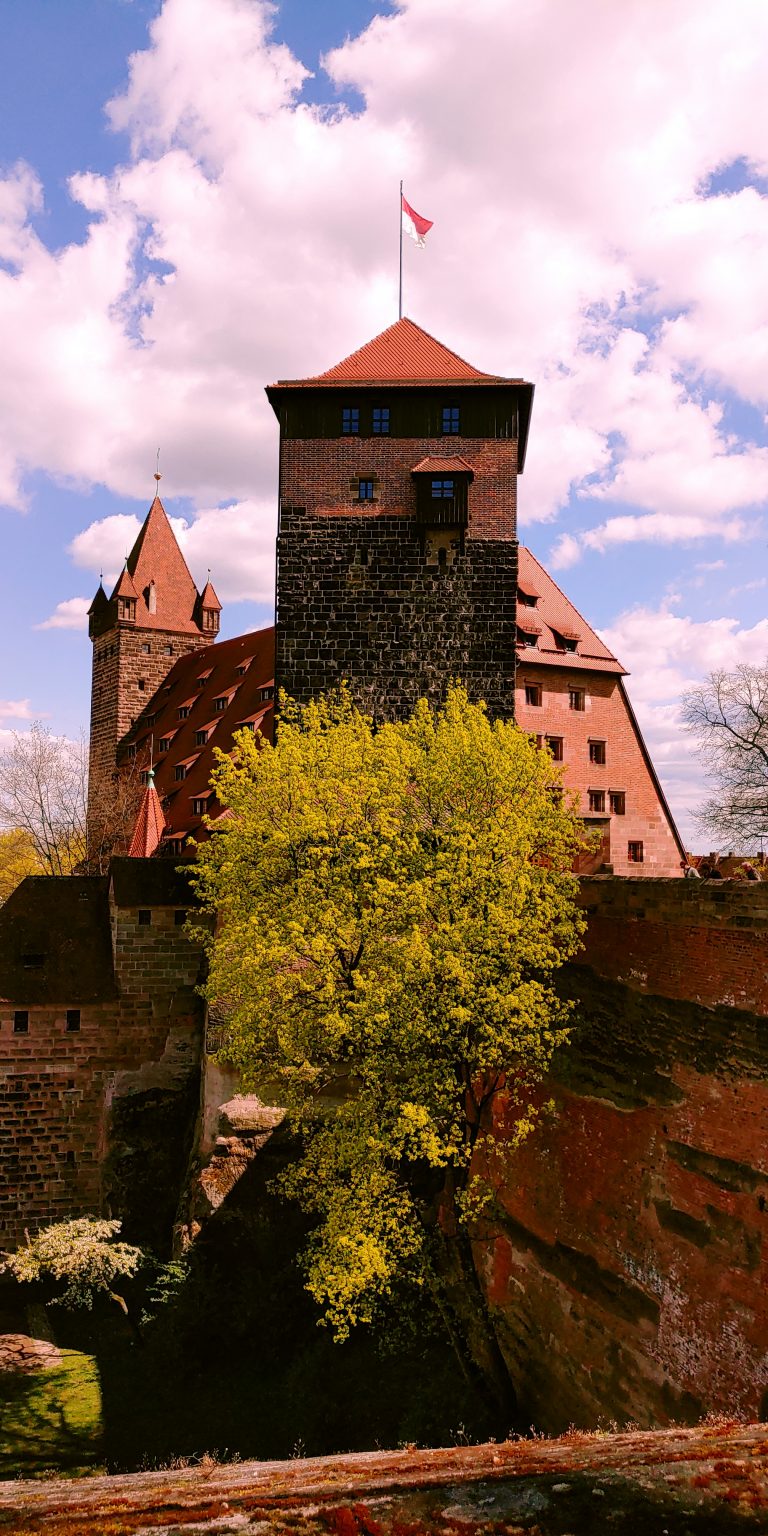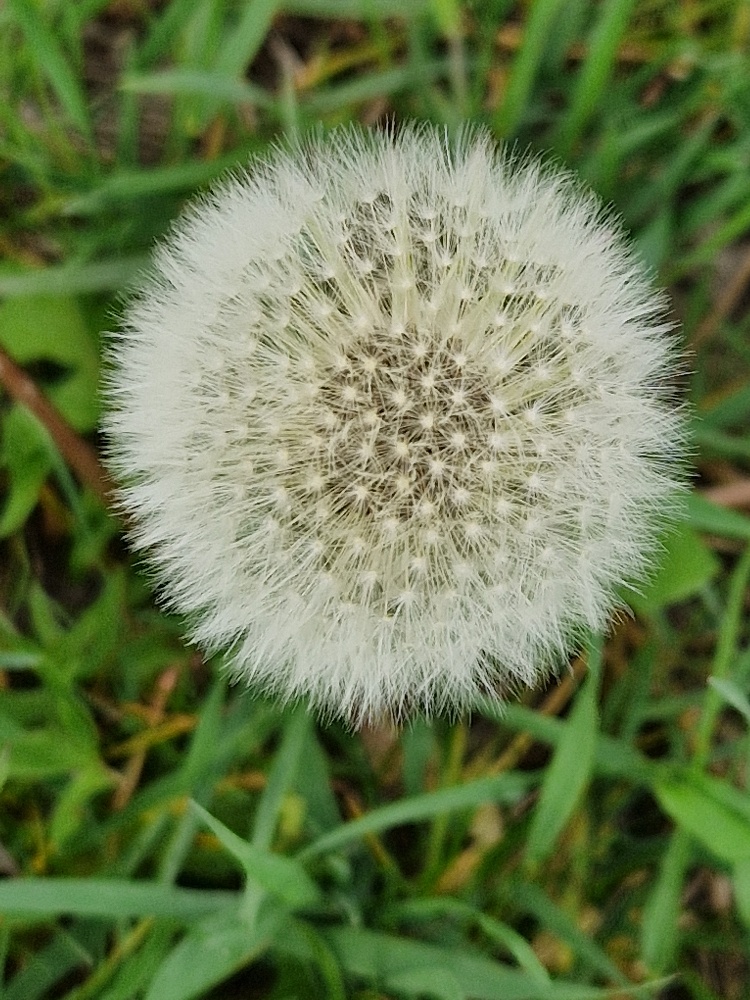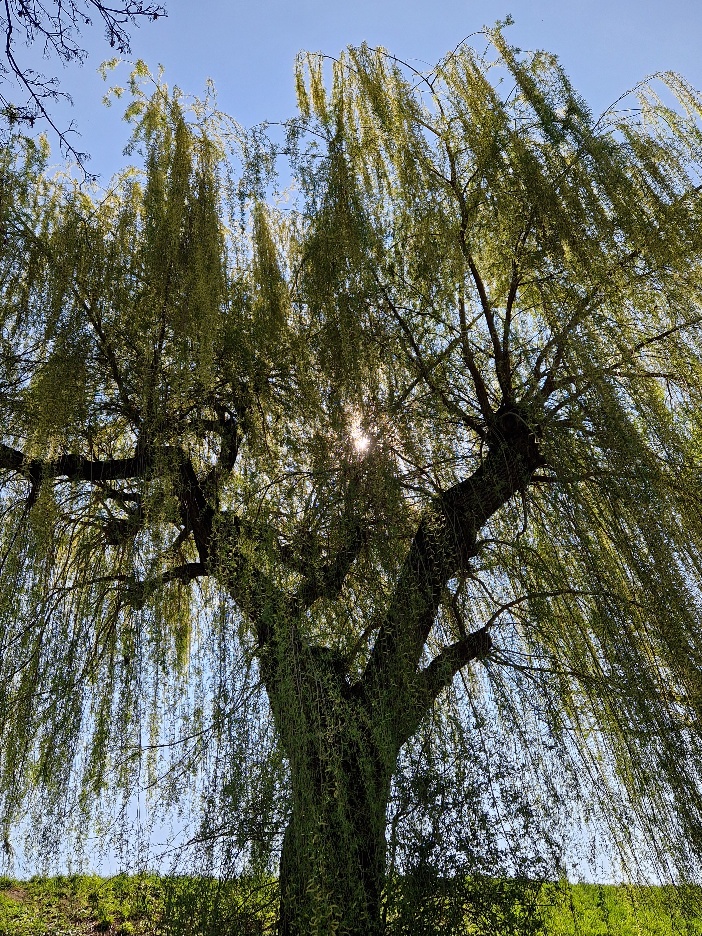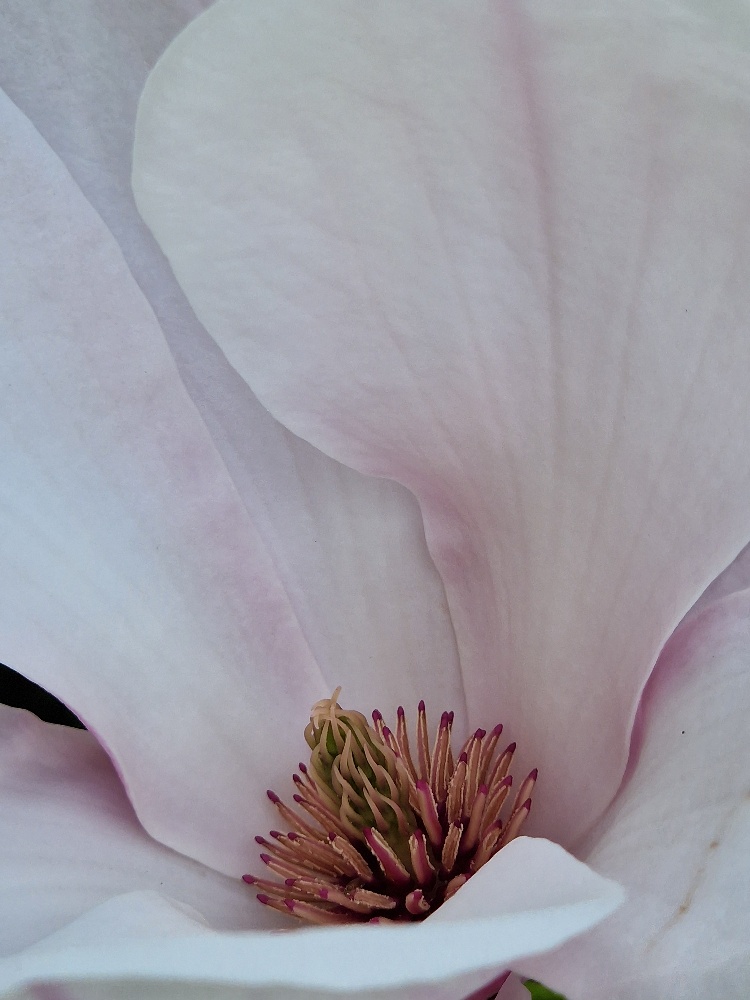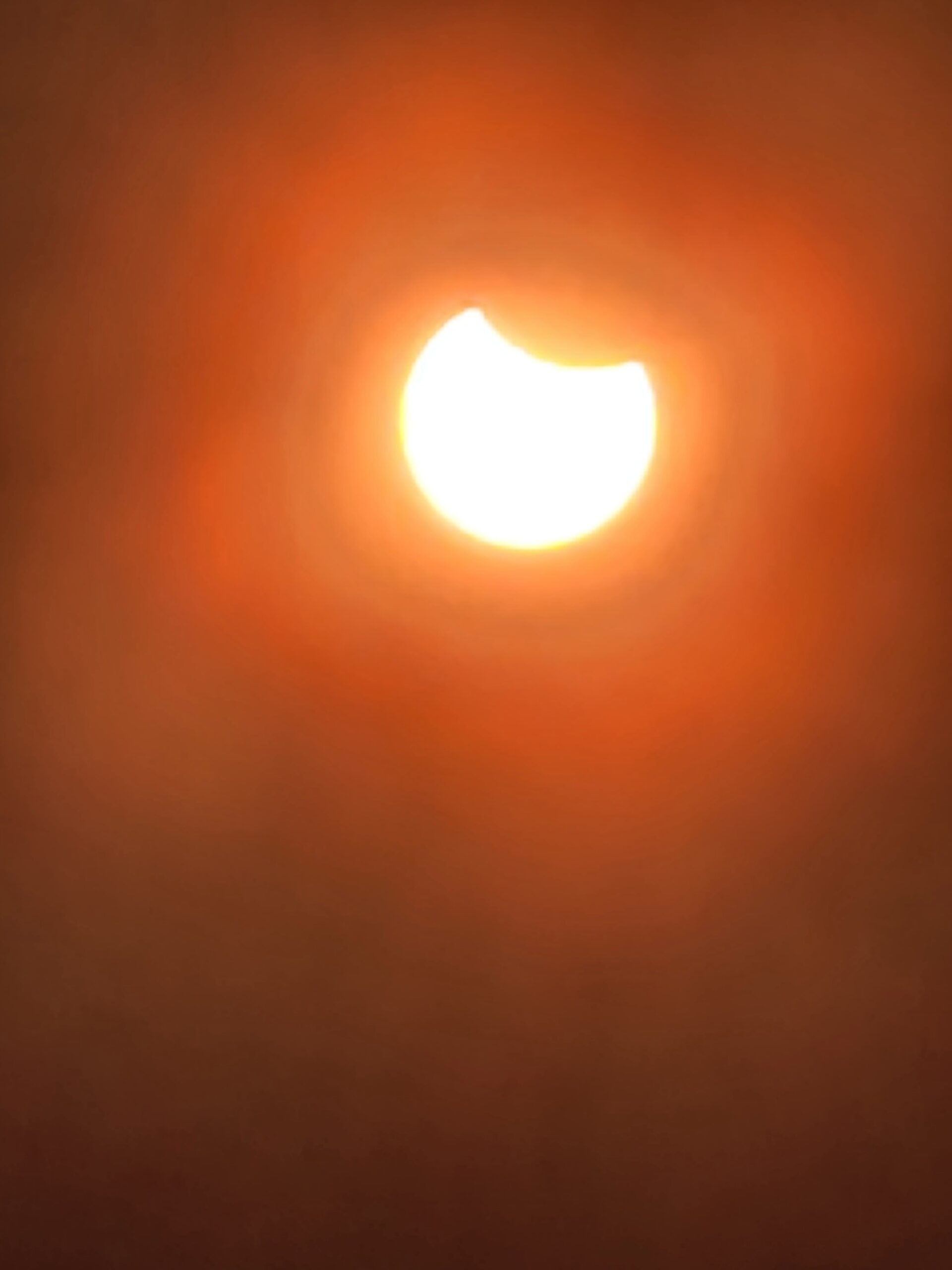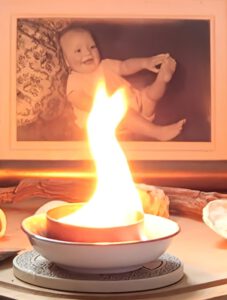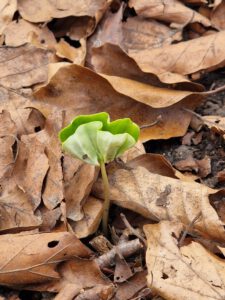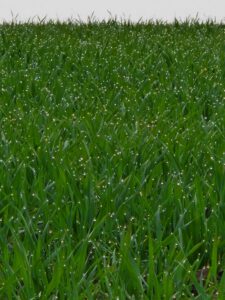When I focus upon my own spirituality and beliefs, I don’t need to defend myself.
Anne Wilson-Schaef
Non-violence happens when we become both defense-less and resource-full. This is the winning combination for freedom from fear. You will find yourself changing in more than one way; less fear, more love, less ego territoriality, more compassion, less self-seeking, more generosity, and most of all; less belief that you do it all, and more joy at noticing that doors are opening without you having to push.
David Richo – `When Love Meets Fear; How to Become Defense-less and Resource-full´
In my defenselessness my safety lies.
You who feel threatened by this changing world, its twists of fortune and its bitter jests, its brief relationships and all the `gifts´ it merely lends to take away again; attend this lesson well. The world provides no safety. It is rooted in attack, and all its `gifts´ of seeming safety are illusory deceptions. It attacks, and then attacks again. No peace of mind is possible where damage threatens thus. The world gives rise but to defensiveness…
A Course In Miracles, Lesson 153
Life is a struggle´; this is one of the main mantras of my childhood. My indoctrination proceeded not so much by force but more subtly, by means of osmosis on tuning into the belief systems of the caregivers who surrounded me in those early years.
The lesson was ubiquitous, shouted from the rooftops of school, church, family, and society. `This is a tough world´, it ran, `and the earlier you learn to erect your defences, the better´. The British Army was shooting to kill on the streets of Belfast, the IRA blowing up women and children, God was sending us all to hell, we were constantly being asked `what we were going to be when we grew up?´, and spies were being exchanged on Berlin bridges under the ever-widening umbrella of nuclear weapons, more than enough to wipe out our species.
There was the added component of me being a rather frail, sensitive, and fearful child (with respect to physical violence); my peers picked up on that, of course, and the resulting bullying left its mark. It continued until I learned to tear the bullies to shreds with my words.
At home, there was no vocabulary for the realm of feelings. Doors were slammed, eyes were rolled, the air was constantly filled with emotional static, and, for the most part, the basic childhood needs of my generation went unmet, just as had been the case of many of the children, like my parents, who grew up during World War II.
My `Wall´, later so well described by Pink Floyd, was multi-layered and mutable. It changed colours, depending on the context, the threat, and the circumstances. It comprised inner and outer components; a capacity for daydreaming, the ability to scan a room in real time to assess the expectations of others, a sense of good old Irish humour, a mastery of operational chores well beyond my years, and that cutting tongue fired by a sharp intellect.
On approaching adolescence, I bunkered down, in the face of regular panic attacks, sometimes dodging reality by means of middle-ear infections or chronic sinusitis, but mainly by establishing, maintaining, and extending my ensemble of defences, like one of those great Free Imperial Cities in the Holy Roman Empire which were to become very familiar to me in adult life.
Then I discovered drink and dope. I was safe at last!
Fast forward twenty-six years of daily consumption, and there was nothing left in the tank but self-pity, resentment, desperation, fear, guilt, shame, and hopelessness. I capitulated and sought help among those recovering from substance addiction. They told me that it was enough to know that; `there is a Higher Power Patrick, and you are not it´, and that it was time to quit `playing God´.
`Keep coming back´, is the mantra of encouragement often expressed among these people. I discovered that alcoholism is a disease which can be suspended (but not cured) by simply not taking alcohol into the body, one day at a time. The underlying issues can then be tackled by learning `to live life on life’s terms´ rather than mine. This included confronting those pent-up feelings which had been growing in intensity ever since childhood, long before I ever had that first pint of Guinness.
It was in this context that I discovered that book by David Richo, with the sub-title: `How to Become Defence-less and Resource-full´. `What a stupid idea!´, was my first reaction. `Why would anybody in their right mind even consider relinquishing their defences?´
But I was transfixed at the same time. What a curious concept! Over the years, my recovery friends, spiritual advisors, and friends have taught me to develop many new resources. Self-care for one. At the ripe old age of forty-two, my partner asked me: `What would be good for you right now Patrick?´ I was blown away by this `new´ concept. Good for me? Other resources followed: Becoming teachable, vulnerable, and dependable; cultivating an attitude of gratitude, daily inventory, sweeping my side of the street, making amends, daily meditation, silence, and engaging in the service of my fellows.
The realisation dawned that, while I am the builder of my life, I am not the architect. Tuning in daily to the instructions of the architect (ergo the need for silence), trusting the guidance, and experiencing the benefits of this new way of living; these all led to a willingness to initiate a gradual dismantling of the carefully locked, protected, and guarded defences that had surrounded me since childhood. Life ceased to become a personal affront and began to present opportunities to heal and grow. The dismantling continues to this day, with the help of those same friends and teachers who welcomed me into their midst almost twenty years ago.
Now living `clean and sober´, each day begins in the spirit of gratitude for the gift of yet another, the first conscious act being that of tuning into the architect for my new instructions. While no longer consciously engaging my defences, they nevertheless emerge from the deep on occasion in an attempt to reassert themselves, for therein lies the nature of the ego. We get on quite well now, me having my ego rather than it having me. Seemingly the game never plays out; each day presents countless opportunities to grow further in choosing the Spark of the Divine over ego, Sage over Saboteurs, Love over Fear.
As John O’Donoghue points out in `Eternal Echoes´: `There are no manuals for the construction of the individual you would like to become. You are the only one who can decide this and take up the lifetime of work that it demands. This is a wonderful privilege and such an exciting adventure. To grow into the person that your deepest longing desires is a great blessing. `If you can find a creative harmony between your soul and your life, you will have found something infinitely precious. You may not be able to do much about the great problems of the world or to change the situation you are in, but if you can awaken the eternal beauty and light of your soul, you will bring light wherever you go. The gift of life is given to us for ourselves and also to bring peace, courage, and compassion to others.´

